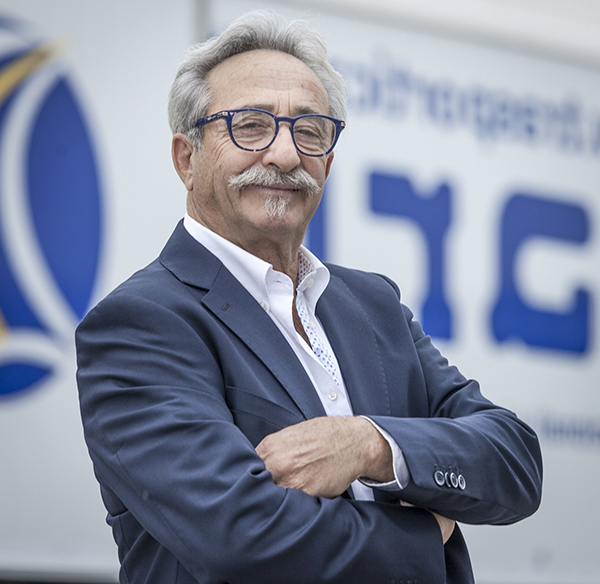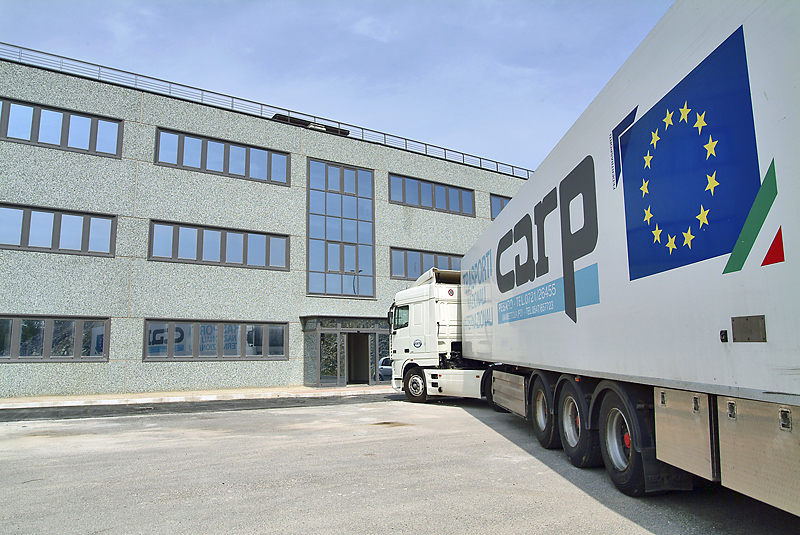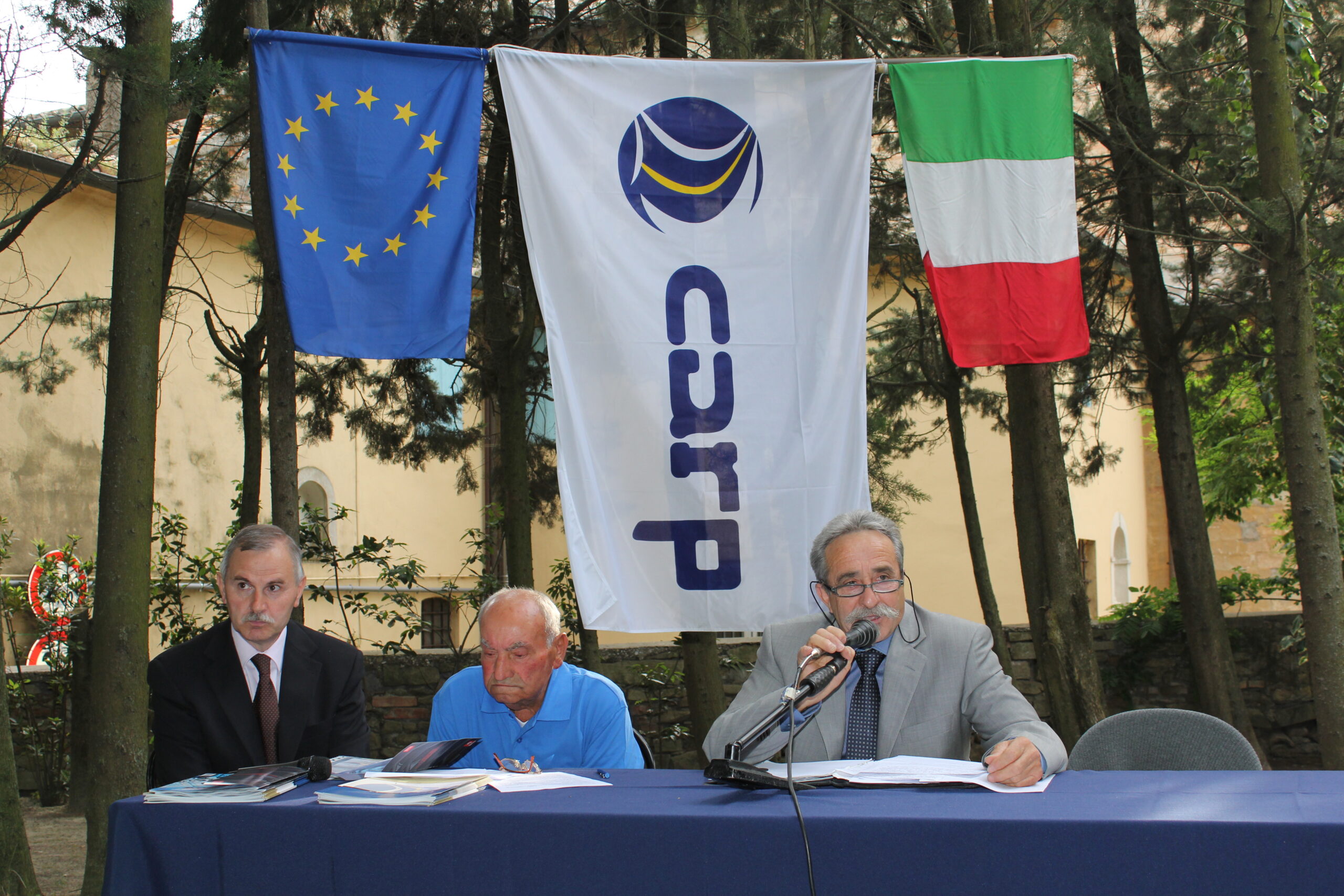Carp
Our company history

“Carp is born with the aim of improving its business both in terms of organization and economics.”
Carp
COOPERATIVA C.A.R.P.
Our company history
C.A.R.P. was founded as a consortium in Fano (PU) in 1973 by the initiative of a group of artisan transporters operating in the flammable liquids sector, with the aim of improving their business both in terms of organization and economics.
In 1976, the C.A.R.P. consortium transformed into a cooperative based in Pesaro and became an entrepreneurial entity acting on its own behalf and on behalf of its members.
In 1983, the Cooperative expanded into the tipping body sector and strengthened its operational potential with new members, a growth trend that continued in 1985 with the addition of multiple companies to the members list and the beginning of activities in the food liquids sector.
In 1992, the CO.TRA.P. Consortium of Pesaro merged into C.A.R.P. and the tipping body sector was strengthened with new flatbed and covered vehicles.

In 1997, the C.A.R.P. consortium opens up to the international challenge: the new foreign office is born in Gambettola (FC), introducing the Cooperative to the European scene. The Client Portfolio grows year after year, and despite the economic crisis of 2008/2009, the business volume consolidates, exceeding the threshold of 30 MLN euros in 2014.
In 2005, through the management of an equipped area at the exit of the A14 highway and in synergy with other local entities, C.A.R.P. plays a leading role in the establishment of Parco Tir Pesaro, a cooperative of services aimed at ensuring safety and economies for transport companies, as well as guaranteeing respect for the environment and the territory with a public utility action.
In 2015, the consortium undertakes a new operation in the waste transport sector, which, thanks to vehicles equipped with mobile floors, tanks, and cisterns, will become the Cooperative’s sixth operational sector in 2018.
In 2017, the acquisition and setup of a vehicle storage area in the Ravenna area are finalized, aiming to maximize working hours and minimize consumption.

The COVID/19 crisis temporarily affects the growth of revenues, but on the other hand, it proves to be an opportunity for the cooperative’s growth towards technological and structural renewal: the development of the new Integrated Management System with the cooperative’s services begins, as well as the development of the cooperative’s and members’ connectivity capabilities.
From 2021, the recovery of economic activity allows for the alignment and surpassing of pre-Covid economic results in all sectors: the cooperative establishes a substantial collective purchasing policy in favor of its members for the renewal of the vehicle fleet.
The growth of all operational sectors continues in 2022, with a particular increase in the waste transport and food liquid transport sectors within the wine supply chain.
The most recent developments see the Cooperative engaged in an ambitious project: the establishment of an operating unit in the heart of the Ravenna port, with the aim of developing multimodal logistics, in synergy with the territory and adhering to the sustainability objectives set by the Green Transition strategy adopted by the European Union.
